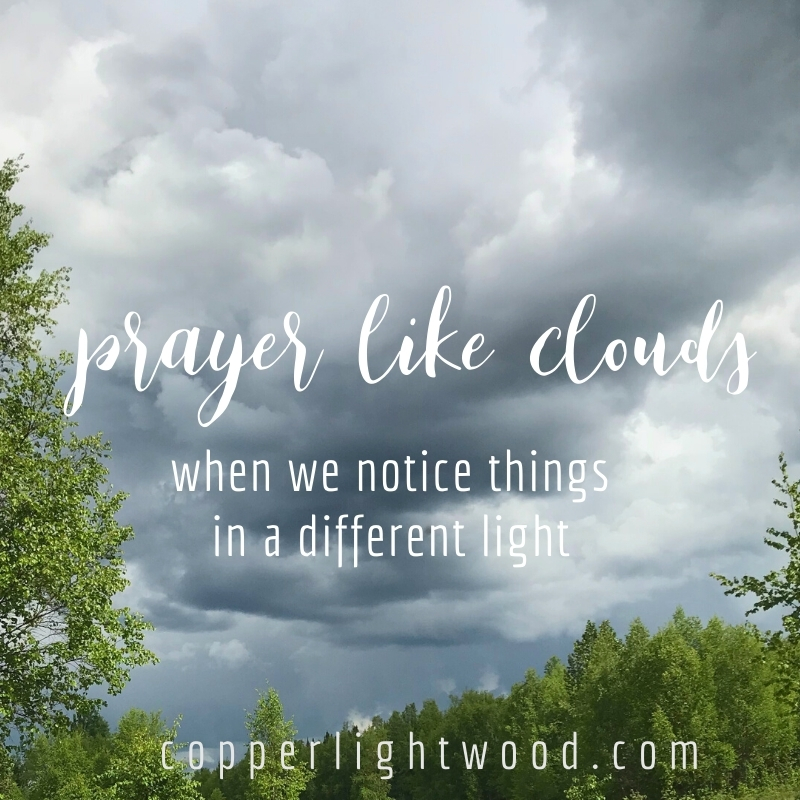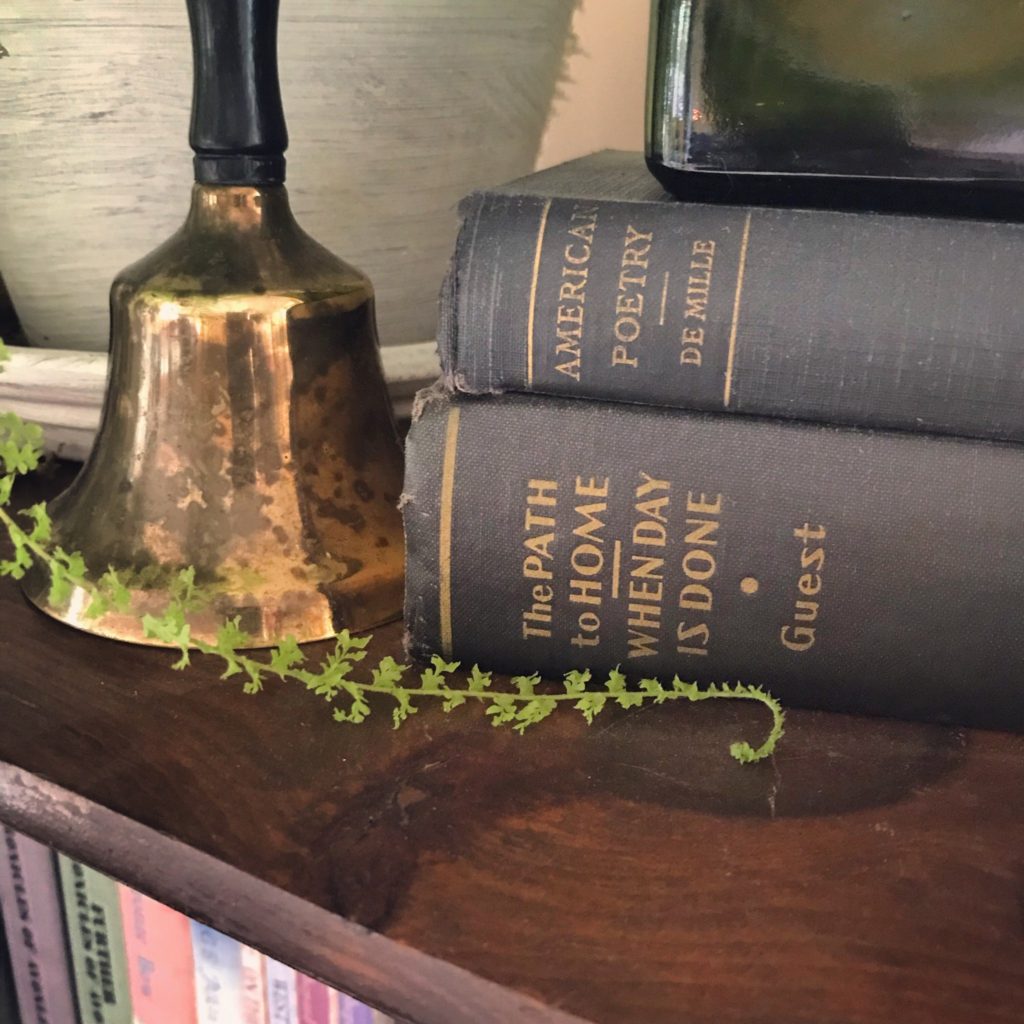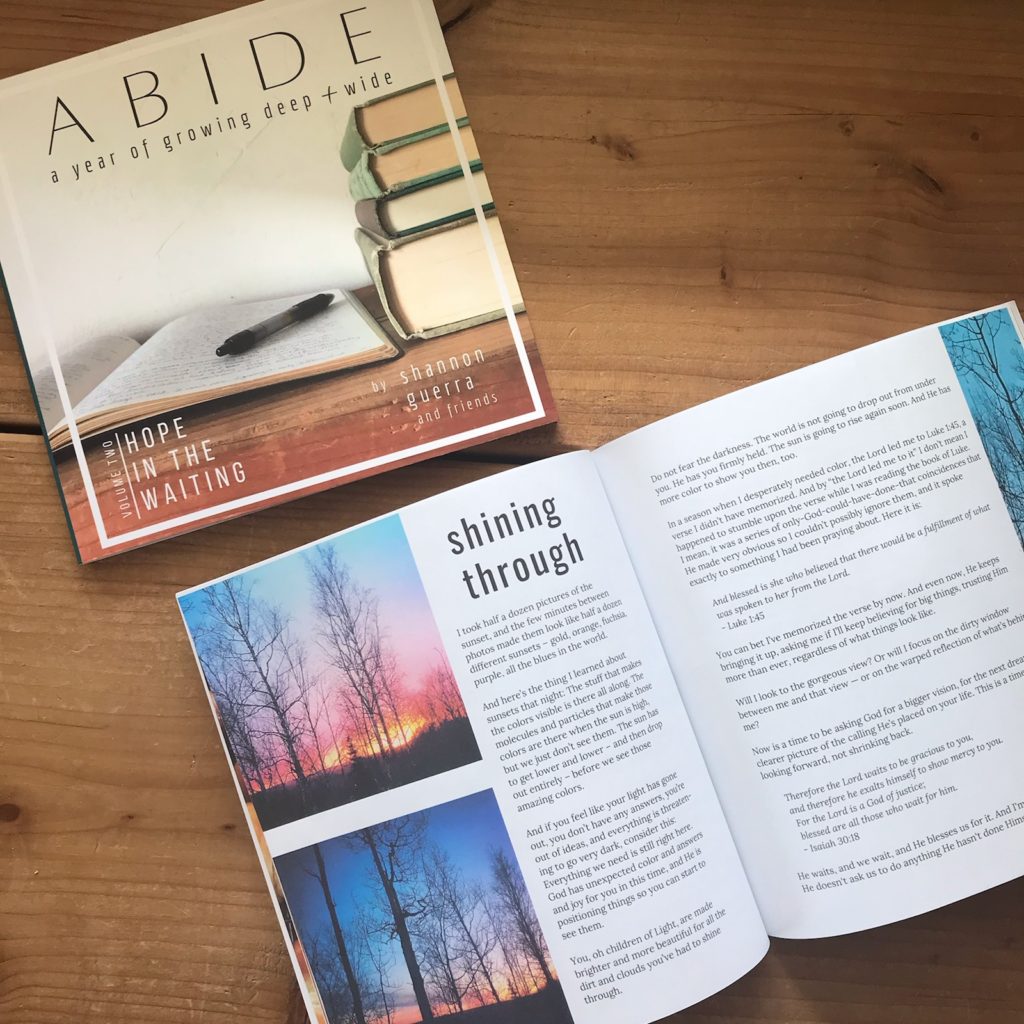I’m not proud of it, but lately my domestic abilities are extremely…how do I put this? Minimalist. I don’t rearrange furniture, I don’t buy cute décor, I don’t keep up with style blogs. I suffer through necessary cleaning like everyone else. And now that Vince and I both work at home, our oldest kids do most of the cooking.

The only household chore I truly enjoy is rearranging books. But thanks to seven kids who never reshelve anything (insert strict librarian scowl here), I get to do it almost daily.
Vin knows I love moving books around and he recently left one of his new books to my disposal. It was light brown, clothbound, and he said I could put it wherever I wanted. So I looked around, pondered, and dragged the piano bench across the library. Then I stacked the new book on a high shelf with some of his other books.
He didn’t notice for a couple of days. Then one morning he found it and protested, announcing “it doesn’t go there.”
“What do you mean, ‘it doesn’t go there?’” I laughed. “You said I could put it wherever I wanted.”
He threw up his hands in exaggerated despair. “I trusted you to respect the book, and you put it way up there! It’s a beautiful copy about the War of 1812. And I didn’t expect you to put it on a stack, sandwiched between a book by Ted Koppel and an old copy of The Silmarillion!”
The nerd is strong with this one. As you can see, he is a closet book rearranger, also.
That was in the morning. By the afternoon we’ve reached the part of the day when I am at my desk to write, and the ideas and motivations are just…poof, gone. I sit and stare. I open and shut files, open and shut my journal. Look at my notes. I rearrange things on my desk, and somehow it’s not any neater after a few minutes of doing so. And I sit and stare some more.

Yet on Sunday night when I was getting ready to take a bath – on the wrong day, at the wrong time, and in a place I don’t have any writing material whatsoever – all sorts of ideas just flooded over me.
The creative thoughts are supposed to come when I’m conveniently in front of my laptop, or at least have a pen and paper handy. But it almost never fails; the creativity flows without effort in the most unexpected places. The expected place requires work, and concentration, and discipline. Which looks like a lot of sitting and staring.
I don’t think it’s Murphy’s Law so much as it is the need for fresh oxygen to stir up new thoughts, creating opportunities to observe and notice new things. Up here in my office, in spite of all the windows, the view doesn’t really change all that much: The desk is a mess. The floor is lined with throw pillows and crates of books and yarn. Usually there’s a few blocks or toys scattered all over. And out the window, trees are trees.

But…not really. It’s spring and the leaves are unfurling outside. The aspens are covered in millions of pale green stars that flash and twinkle in the breeze. Sometimes the sky is classically blue, but on this day it was cloudy and dramatic, steel grey, shot through with shafts of sunlight against chartreuse new leaves. My favorite. Or one of my favorites, at least.
And there, noticing life around me, I have a few sentences to write about. They string together and start to accumulate into something substantial.
That night I drove to Bible study, and prayer came the same way as I sat and stared, driving down the highway. It came out in small phrases, thinking of what we needed for the night: Good conversation. No one feeling awkward or out of place. Everyone to be at ease, comfortable in their own skin. More concerned with encouraging each other than with impressing each other.
Sometimes they were real sentences, and sometimes they were just one-second thought prayers: Safe driving. Peace in hearts. Healing. Truth. Just sentence fragments, because God knows how to fill in the blanks better than I do.
And I wondered about the weight of those instant prayers. Do they really do anything? They feel so effortless, just thoughts directed at God.
I turned off the highway and drove up the hill, noticing the patchy clouds in a grey sky. And His answer was right there: Some clouds are darker and heavier than others, some will drop rain sooner than others, but all carry a measure of water.
They all accumulate, contributing to the provision for those who are thirsty.
And, hey Love – answering prayer has never been about your efforts, anyway.
This is abiding, the thought-life directed Godward. Unpolished, unpretentious, unrehearsed. Our incomplete thoughts at scattered intervals, strung together and brought back to Him in surrender. Some of them are intercessory, filling the cloud for someone else. Others are internal, our own thoughts and concerns and desires, and they condense as Living Water that washes through us, irrigating our hearts, and bringing wholeness.

For as the rain and the snow come down from heaven
and do not return there but water the earth,
making it bring forth and sprout,
giving seed to the sower and bread to the eater,
so shall my word be that goes out from my mouth;
it shall not return to me empty,
but it shall accomplish that which I purpose,
and shall succeed in the thing for which I sent it.– Isaiah 55:10-11, ESV
That night in our small group of women, we sat around a long table with steaming tea in paper cups and discussed the book we’re reading together. And we’re learning so much just from the reading, but we go so much farther when we hear each other’s perspectives and questions. We ignite thoughts in each other we didn’t know were there if they hadn’t had the chance to come up in conversation.
We notice more when we put our thoughts in different places. I didn’t know I thought that, until I said it out loud.
I didn’t realize that was true until I typed it out.
On the way home, rain spattered the windshield and rinsed the highway. It soaked the ground, and the leaves will be bigger tomorrow.
I thought trees were trees – that is, until the sky changed color behind them and they shook in the breeze, demanding me to take notice.










